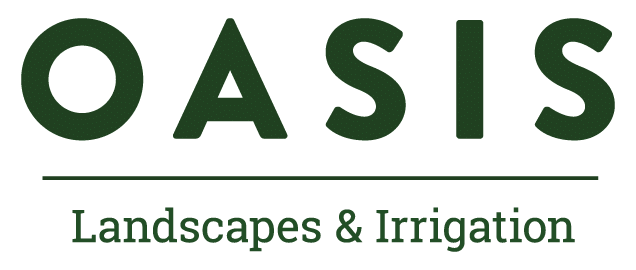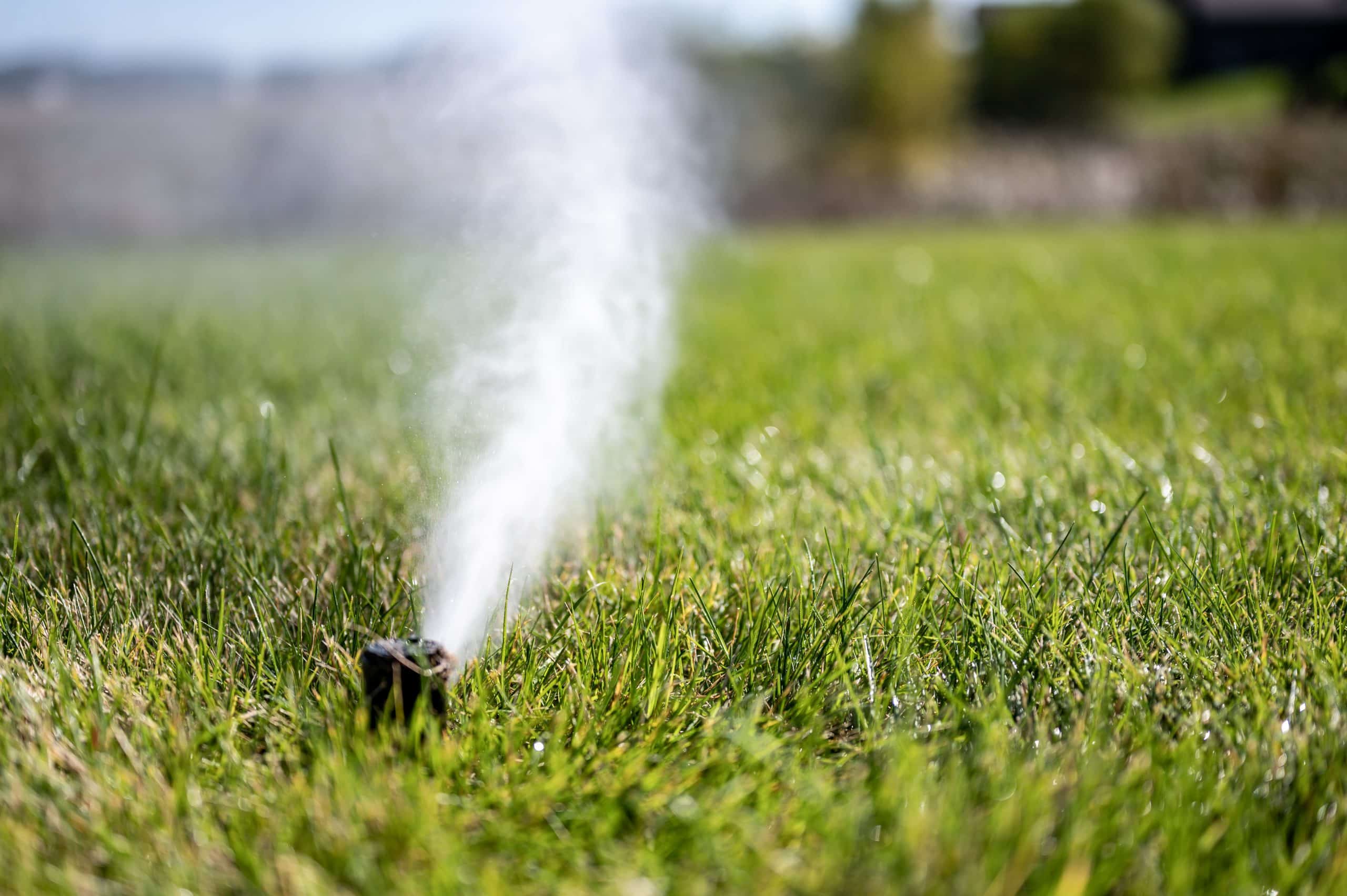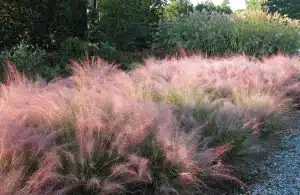When the weather begins to cool down, it’s usually a good time to prepare your home for the winter. You might look at things like your heating and other indoor systems first, but what about your sprinkler system? Making sure your irrigation system is properly prepared for the colder months will not only protect your pipes but will also save you money in the long run. What exactly is winterization, though, and why is it so important? Let’s explore the process of winterization and why it should be on your fall to-do list.
What is Irrigation Winterization?
Winterizing your irrigation system means preparing it for freezing temperatures. This is done by removing all the water from the pipes, valves, and sprinkler heads. When water freezes, it expands, and if it’s left in your system, it can cause a lot of damage. By properly winterizing your system, though, you can avoid costly repairs, extend the life of your irrigation components, and ensure a smooth start in the spring.
How to Winterize an Irrigation System
You might be wondering what the winterization process involves. Here’s a breakdown of the key steps that need to be taken to keep your system is fully protected from the cold:
1. Shut Off the Water
The first step is turning off the water supply to your irrigation system. This prevents additional water from entering the pipes during the winter. The water can be shut off at the main valve near your water meter. It’s important for any backflow preventing valves to also be shut off. Other systems may have timers and programming to turn your system on and off, which will need to be turned off.
2. Drain the System
After the water is shut off, you need to drain the water from the system. The method used depends on the type of system you have.
- Manual draining: Opening the manual valves at the low points or ends of the pipes to release water from the pipes
- Automatic draining: One sprinkler head is run after shutting off the water to release the water pressure
- Blow-out method: Compressed air from an air compressor blows through the system to push out the remaining water through the sprinkler heads
3. Insulate the System
Any exposed pipes or components need to be insulated to prevent freezing. The main shut-off valve, exposed pipes, and backflow preventers should be wrapped in foam or insulation tape. For backflow preventers, it’s important to keep air vents and drain outlets unblocked.
4. Check for Issues
Any existing damage or leaks should be inspected in the system before winter arrives. Addressing these issues now will ensure your system is in the best condition it can be in when it’s time to reactivate it in the spring.
Why is Winterization Helpful?
Winterizing your irrigation system provides several benefits to your home and landscape. By taking the necessary steps now, you’ll avoid costly repairs, protect your investment in your system, and ensure a hassle-free transition into spring.
Prevents Freezing and Cracking
When temperatures drop below freezing, any water left in your irrigation system can cause a host of problems. Water expands as it freezes, and this can lead to serious damage if your irrigation system isn’t properly winterized. The most common issue is cracked or burst pipes. Even a small amount of water left in the system can freeze, expand, and create enough pressure to crack the pipes, leading to expensive repairs.
Sprinkler heads are also vulnerable to freezing. If water remains trapped in them, they can crack or break, leaving you with a non-functional system when spring arrives. Additionally, the backflow preventer, which is designed to stop contaminated water from flowing back into your clean water supply, is highly prone to freezing damage. If this component breaks, not only is your system compromised, but you could also face possible health hazards from water contamination.
Avoids Costly Repairs
Your irrigation system is an investment of your time and money. Regular maintenance is key to protecting that investment, and winterization is an essential part of this maintenance routine. Without it, the damage caused by freezing water can lead to repairs, and in some cases, you may even need to replace parts of your system entirely.
Repairing a damaged irrigation system can be expensive, and those costs can add up quickly if multiple parts are affected by freezing. By investing a little time in winterizing your irrigation system now, you’ll avoid these potential problems and save yourself from the hassle and expense of costly repairs in the spring.
Ensures a Smooth Start in Spring
When spring finally arrives, everyone’s excited to get their lawns and gardens back in shape. However, turning on your irrigation system without winterizing it beforehand could result in unexpected surprises. You might notice low water pressure, puddles forming in your yard, or sprinklers that simply don’t work. These are all signs of winter damage, which you’re less likely to see with a winterized system.
Extends Your System’s Lifespan
Regular maintenance, including winterization, significantly extends the lifespan of your irrigation system. Each year that you winterize your system properly, you’re taking steps to make it last longer. Properly maintained irrigation systems can last much longer than ones that are neglected, which means you’ll be getting the most out of it.
Why Should You Call a Professional?
While some homeowners may attempt to winterize their irrigation systems on their own, it’s often best to leave it to the professionals. Attempting to do it yourself could result in missed steps or incomplete draining, which could still lead to damage. Plus, by hiring a professional, you have peace of mind knowing that your system has been properly cared for and will be ready to go when the warm weather returns.
Our experienced technicians at Oasis Landscapes & Irrigation are trained to handle all types of irrigation systems when it comes to our irrigation services. We use the proper equipment and techniques to make sure your system is fully protected from the harsh winter weather and ready for the spring. Contact us today to schedule our services!








